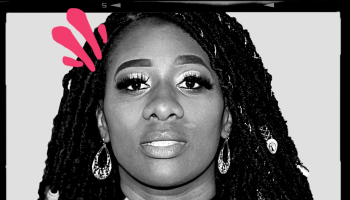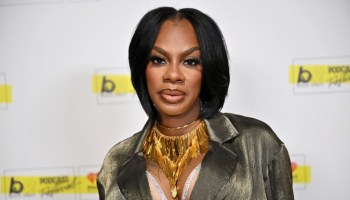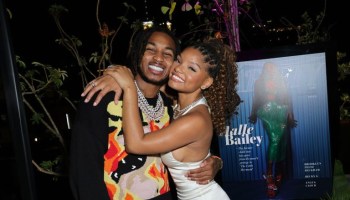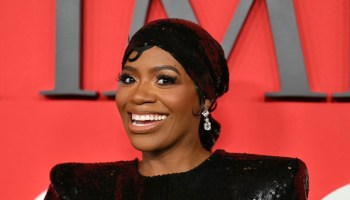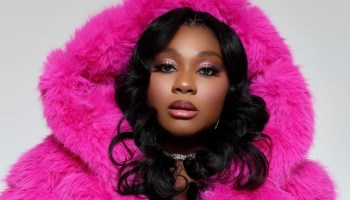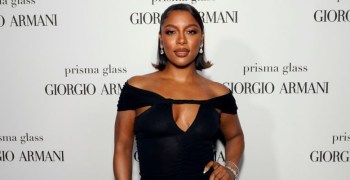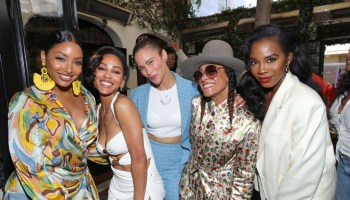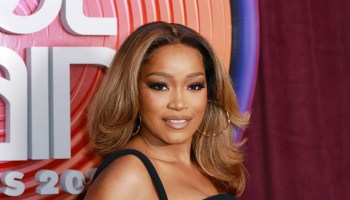Race. It’s a fictional concept; a socially constructed idea – it doesn’t actually exist in nature. Yet its social construction does not give it immunity from real consequences – consequences that can be observed and analyzed. History reminds us of that; the presence lives in its awareness. In our socio-political climate, race has never been an easy topic to discuss. But it has been a topic that people coming from positions of disadvantage because of race, have had to discuss. It has been my personal experience as well as a societal observation that White people, in comparison to “people of color,” are less comfortable with talking about race, generally-speaking.
BREAKING NEWS: Report: Ferguson Grand Jury Reaches Decision, Announcement Planned
Being Black but not African-American, my experience of race is different from African-Americans. Couple that with class and education privilege, and I cannot claim to have a common Black experience in the United States. But I have been schooled, both formally and informally, and have learned how race functions, how it perpetuates privilege for some and disadvantage for others, how pervasive it is, and how it infiltrates every aspect of life; often quite visible to those who experience its disadvantage, and invisible to those who it benefits the most.
Ever so often, usually when a racial incident occurs on a national scale, we engage in discussions on the status of race – how far we’ve come, how far we need to go, how it still negatively affects people of color, and it still benefits White people. We discuss aspects of the particular situation, many people get angry; we have protests and we have backlash. And then usually the news dies down and we get back to our “normal lives” again. I’ve seen the cycle from Trayvon Martin to Eric Garner, and now the latest – Mike Brown and Ferguson – as we anticipate the decision from the grand jury. Whatever happens, I suspect that there will be anger, and then it will blow over until the next time and the cycle of unproductive race dialogue ensues.
My question is: How long are we going to keep playing this dialogue game? How long are we just going to talk about the status of race without talking about how to pragmatically change it for those who it does the most disservice? How long are we going to sit and have these passive conversations while particular bodies are targeted, and sometimes face violent deaths at the hands of people who fell prey to the country’s racial constructions? What do Black people want from race dialogues? Because the kind of conversations we always seem to have are important but they are not nearly enough.
MUST READ: Darren Wilson Gets Married; Journalists Fight For First TV Interview
Now the “right” thing to do would be to let the law handle it – racism and racial incidents. But a legal system that by its very nature is biased, and falls under the same prejudices that the society promotes, is unlikely to bring about the kind of justice the society needs. And for me, the injustice of the system and the ways to change it from the inside out, is where our race dialogue should focus its attention. These incidents of racism and racial injustice are not isolated – they are part of the United States inherent tradition of treating people of color as less than. It is a societal sickness and one that exists on a large scale rather than in individual pockets.
But it is not a sickness that has no remedy. People love to tout that “we’ll always have racism.” But racism, which admittedly is a pervasive perception of the world that leads to harmful consequences, and one that has been lasting for centuries, is still a learned process. And if it can be learned, then it also can be un-learned. Our race dialogues need to have more focus on unlearning this process. And we need to have more practical conversations, from economic empowerment of the disadvantaged, to media portrayal of particular sub-cultures. Not just nationally, but on a community-by-community basis. We cannot get “tired” or frustrated to the point of inaction or passive talk. Our race dialogues need real solutions for real people. Otherwise we leave particular bodies constantly at risk of this unjust system, and for some, that will almost always mean an inevitably unjust death.
How can we motivate tangible change through dialoge? Tweet me @koviebiakolo.
Related Links:
‘Whiteness Project’: A Docu Series About White People Talking About Race…This Should Be Good
Why Civil Rights Activists May Have The Black Twitter Conversation Wrong
